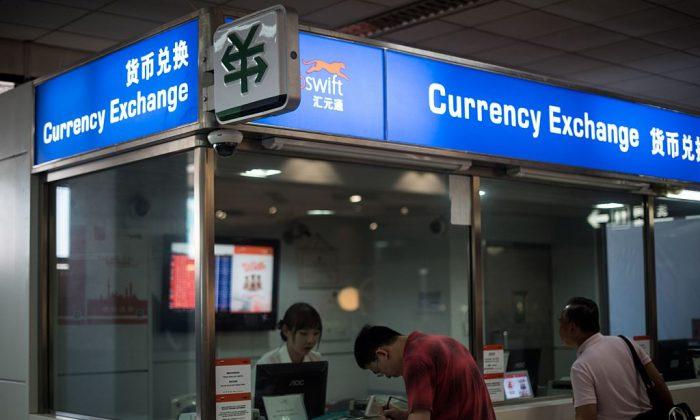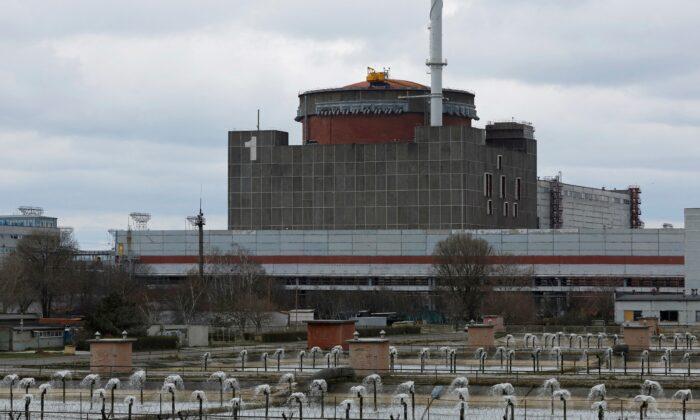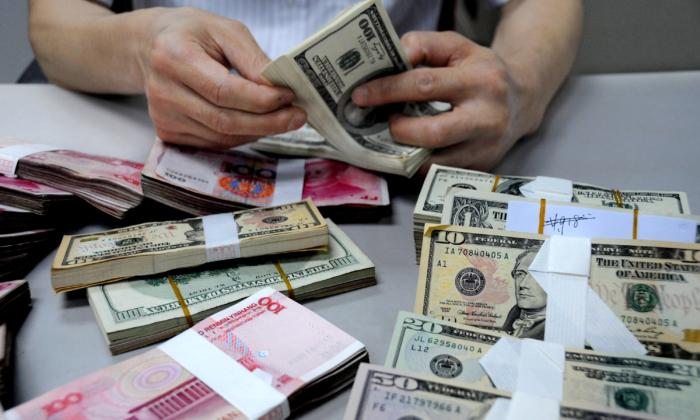China’s healthcare authority issued a rare response amid mounting public concern that there was insufficient money in the nation’s healthcare fund because of repeated COVID-19 testing and increased hospitalizations due to the pandemic..
In a disclosure aimed at easing public concern, China’s National Healthcare Security Administration (NHSA), on July 23, said the national medical insurance fund is in the black.
Given the Chinese regime’s history of lacking transparency, it is uncommon for its healthcare authority to disclose the state of the fund.
NHSA’s disclosure was triggered by some Chinese online communities questioning why certain drugs were removed from the reimbursement list by some local governments. Was it because there was insufficient money in the medical insurance fund?
It said the fund received a total income (including maternity insurance) of 2.88 trillion yuan (about $432 billion) and spent 2.4 trillion yuan (about $360 billion) in 2021.
However, public concerns remain as recent healthcare policy changes require people to pay more for the same or sometimes less coverage.
Medical insurance is one of five mandatory insurance schemes in China’s Social Security System, where monthly contributions are jointly made by employees and their employers. The other four compulsory insurance schemes are the pension fund, unemployment insurance, industrial injury insurance, and maternity insurance. Employees can be exempt from paying for industrial injury and maternity insurance.
Insurance Contribution Period Extended
At the end of June, the Healthcare Security Administration of Guangdong Province updated the number of years required in the contribution period: 30 years for male and 25 years for female employees by January 1, 2030.Prior to the change, Guangzhou, the capital city of Guangdong province, had only a mandatory 10-year payment period for employees joining the healthcare system before 2014 or a 15-year payment period after 2014.
With the significantly lengthened contribution time, some Guangdong residents are worried that they can’t afford to finish the 25 or 30-year contribution required before they retire. The overall contribution period is one of the mandatory criteria to access free healthcare after retirement; otherwise, people have to continue paying into the medical insurance funds even after retirement.
The Guangdong healthcare authority said that lengthening the overall contribution period was to meet“ the [new] requirements of NHSA [and that the province] was not the first and nor the last province to implement this change.”
Albert Song, a current affairs commentator and expert on the Chinese financial system, told The Epoch Times that the healthcare insurance fund might be in the black, but it is “a case of robbing Peter to pay Paul,” settling one debt by incurring another.
“Regional disparity is a prevalent issue in China’s economic growth. The southeast coast is more developed than the northwest inland regions due to higher income and better-funded resources. Beijing then has to allocate funds to those poorer or less developed areas,” Song said.
“The Chinese Communist Party (CCP) is taking some measures to delay a fund shortage crises [when they can’t pay out those medical coverages]; one example is by lengthening the fund contribution period.
“Recently, the 2021 data for average wages at the provincial level were released. Average wages are closely related to the social security fund contribution. Though the data showed increased wages, it has little to do with the actual income of ordinary people as the incomes of public servants and some state-owned companies are much higher.”
Despite NHSA’s claim that the national medical insurance fund of 2021 was in the black, Bingwen Zheng, a Chinese researcher and scholar, said in March that the fund would be in the red in 2024.
Zhang is a director at the Chinese Academy of Social Sciences, one of China’s top research institutes.
He said the employees’ medical insurance fund in China would have a deficit in two years, according to the forecast of relevant data. He further explained that the surge in the number of retired people would significantly increase demand on the health insurance fund.






Friends Read Free